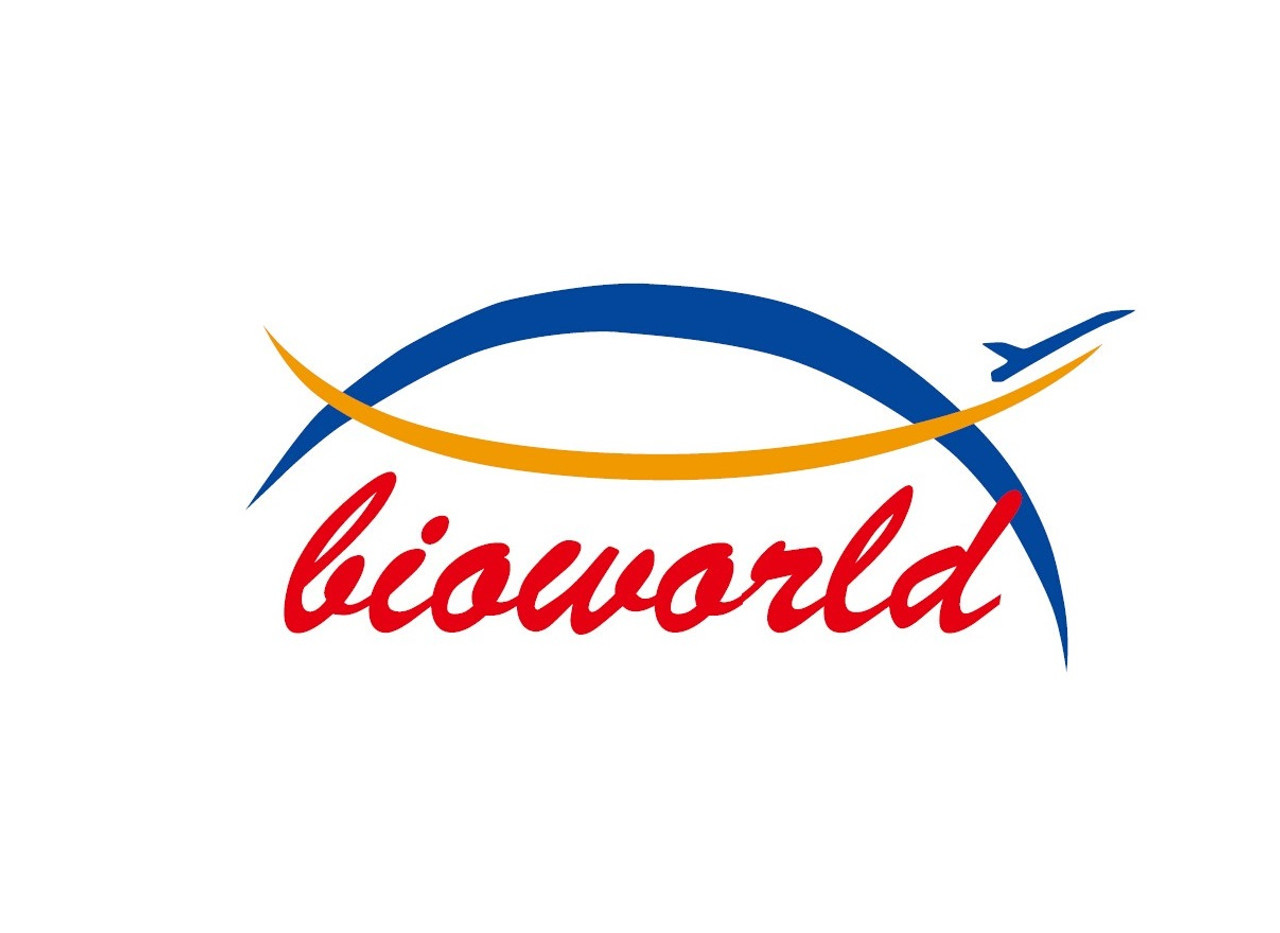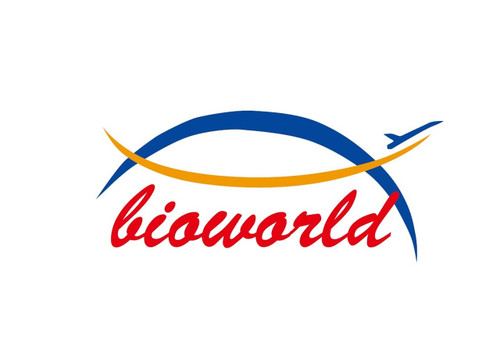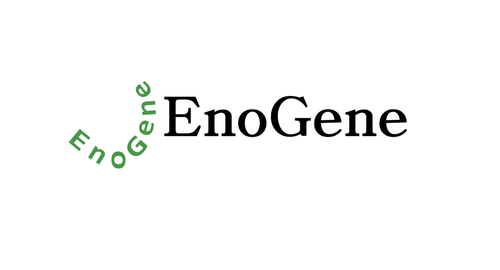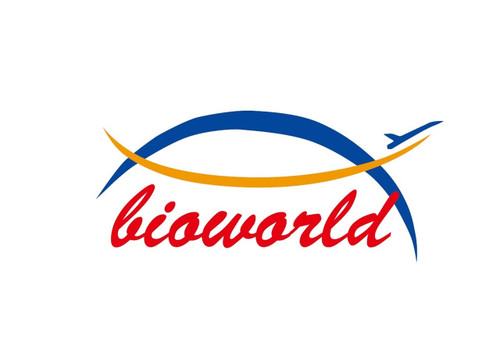Product Description
Bad (R149) polyclonal Antibody | BS1028 | Bioworld
Host: Rabbit
Reactivity: Human,Mouse,Rat
Application: IHC
Application Range: IHC: 1:50~1:200
Background: Bad is a member of the Bcl2 family and acts to promote apoptosis by forming heterodimers with the survival proteins Bcl2 and BclxL, thus preventing them from binding with BAX. Bad is found on the outer mitochondrial membrane and, once phosphorylated in response to growth stimuli, translocates to the cytoplasm. The phosphorylation status of Bad represents a key checkpoint for death or cell survival. JNK-induced phosphorylation of BAD serine 128 promotes the apoptotic role of Bad by opposing the inhibitory effect of growth factor on Bad-mediated apoptosis. Cdc2-induced phosphorylation of Bad serine 128 has an inhibitory effect on its interaction with 14-3-3 proteins. The latter interaction is critical for Bad phosphorylation at serine 155, a site within the BH3 domain that leads to the release of BclxL and the promotion of cell survival. Alternative splicing of this gene results in two transcript variants which encode the same isoform.
Storage & Stability: Store at 4°C short term. Aliquot and store at -20°C long term. Avoid freeze-thaw cycles.
Specificity: BAD (R149) polyclonal Antibody detects endogenous levels of BAD protein.
Molecular Weight: ~ 24 kDa
Note: For research use only, not for use in diagnostic procedure.
Alternative Names: BAD; Bcl-2-binding component 6; Bcl-XL/Bcl-2-associated death promoter; Bcl-2-like 8 protein; BAD; BBC6; BCL2L8
Immunogen: Synthetic peptide, corresponding to amino acids 112-163 of Human Bad.
Conjugate: Unconjugated
Modification: Unmodification
Purification & Purity: The Antibody was affinity-purified from rabbit antiserum by affinity-chromatography using epitope-specific immunogen and the purity is > 95% (by SDS-PAGE) .
Pathway: Regulation of Apoptosis,Mitochondrial Control of Apoptosis,
 Euro
Euro
 USD
USD
 British Pound
British Pound
 NULL
NULL








